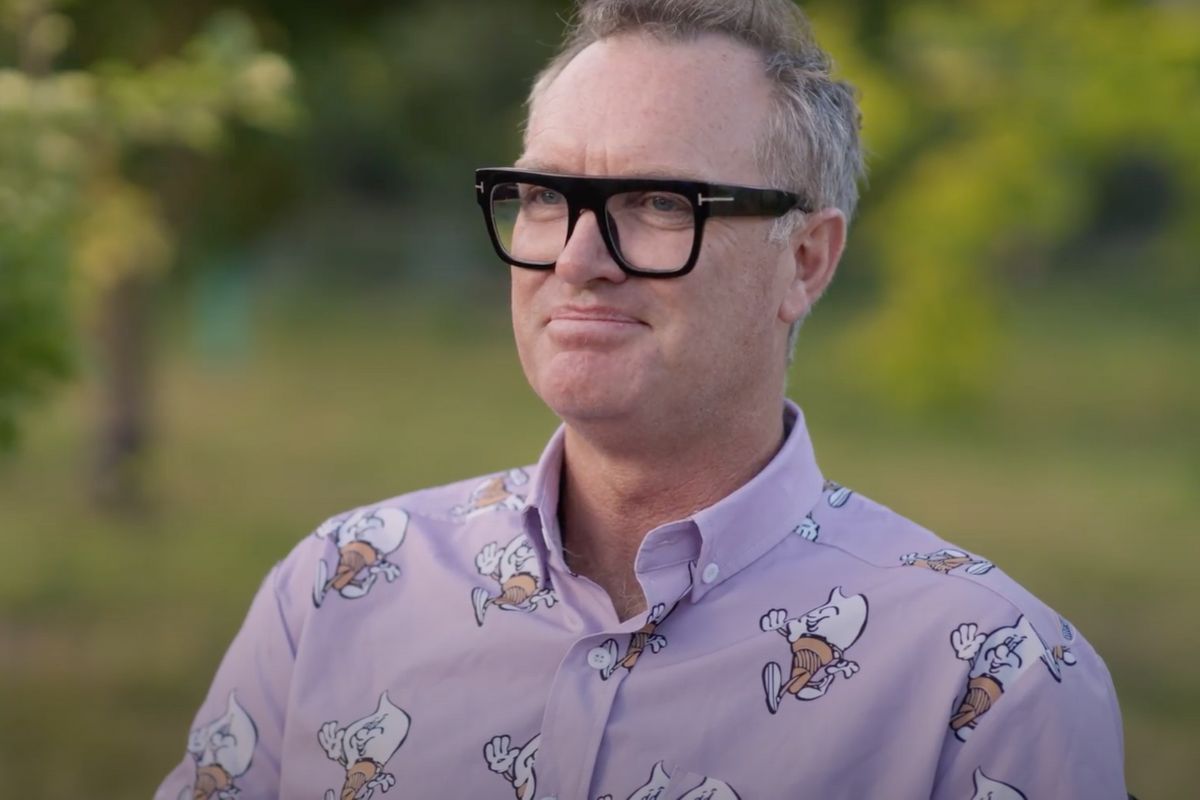“If tourism can move to carbon zero, it actually influences everything in this district.”
The seeds of change are finding fertile soil in Queenstown Lakes. During the pandemic, travel leaders in the district have spent time reimagining travel and tourism for the better. One result is a new tourism plan focused on rapid decarbonization. Now, the community is ready to follow through.
Mat Woods, CEO of Destination Queenstown, is one of the architects behind the progressive destination management plan for the region called Travel to a Thriving Future. In this episode of Travel Beyond, he shares why this destination management plan had to be so bold, why going carbon zero is necessary, and why local travel leaders have the community behind their decarbonization efforts.
You’ll also learn:
- How tourism organizations in Queenstown Lakes used COVID-19 border closures as an opportunity to pause and reflect on what really matters.
- About the forces behind Queenstown Lakes’ destination management plan and how it relates to the social license for tourism.
- Why the local community is so supportive of the plan, its ambitious goal of achieving carbon zero by 2030, and the actions behind it.
- The rationale for choosing carbon zero over carbon neutral.
- How New Zealand’s travel industry can begin to address scope 3 emissions and play a leading role in decarbonization efforts.
Subscribe to Travel Beyond through Apple Podcasts, Spotify, or your favourite podcast player.
Show notes
- Auckland floods: Dozens of passengers spend night in Auckland Airport as recovery continues – Extreme weather events affected northern New Zealand in early 2023.
- Destination Queenstown – One of the regional tourism organizations behind Queenstown Lakes’ destination management plan and the goal to reach carbon zero by 2030.
- Cardrona Alpine Resort – A description of some recent sustainability initiatives referenced by Mat Woods.
- Scope 3 emissions, defined by the World Travel & Tourism Council: “Indirect emissions that occur in a business’s value chain such as purchased goods and services, business travel, employee commuting, waste disposal, transportation up- and downstream, investments, leased assets, and franchise activities.
- Monique Kelly and Wao – See the previous episode of Travel Beyond.










0 Comments